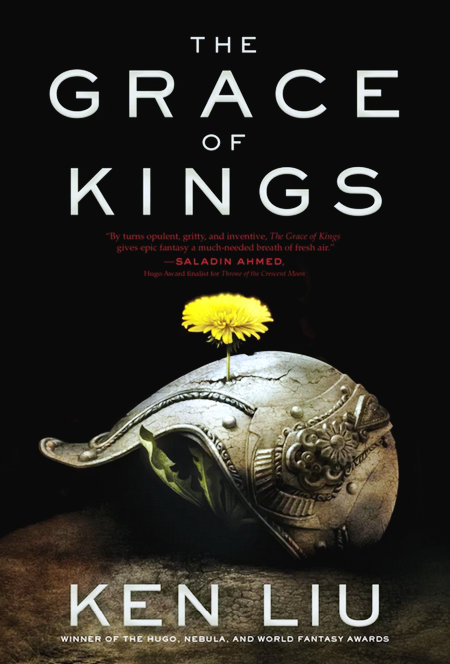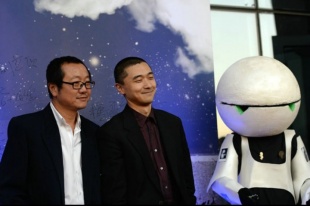A truly novel approach


Liu, who studied English in university, found it has been long a tradition in Western literature to reinterpret and reimagine the ancient classics "such as James Joyce did to Homer, modern dramas to Shakespeare and even John Milton's Paradise Lost, which can be seen as a new Christian epic based on the ancient Greek and Latin historical epics," he says.
He chose not to reimagine the story in the style that JRR Tolkien adopted for the Lord of Rings, but instead set the book in an entirely fictional location and era unrelated to China or its history.
"For a long time, dating back to Marco Polo, the depiction of China in Western literature has been limited to colonialism with a dash of Oriental color. So, I couldn't go on continuing to represent a 'magical China'," he says.
That is why he created a completely new kingdom to convey the Chu-Han contention, which in the fiction has accordingly become the conflict between Mata Zyndu, a stern, fearless aristocrat, and Kuni Garu, a clever bandit.
With the existing fictional flesh, Liu built a framework for the narrative by mixing the styles of ancient Greek and Latin epics, Anglo-Saxon poetry, John Milton's poems, Chinese martial-arts fantasy, novels from China's Ming Dynasty (1368-1644) and the modern time-travel fiction "so as to create a narrative style that people (in both East and West) will feel both familiar and strange," he says.



































